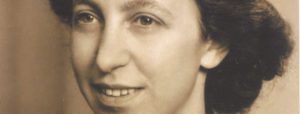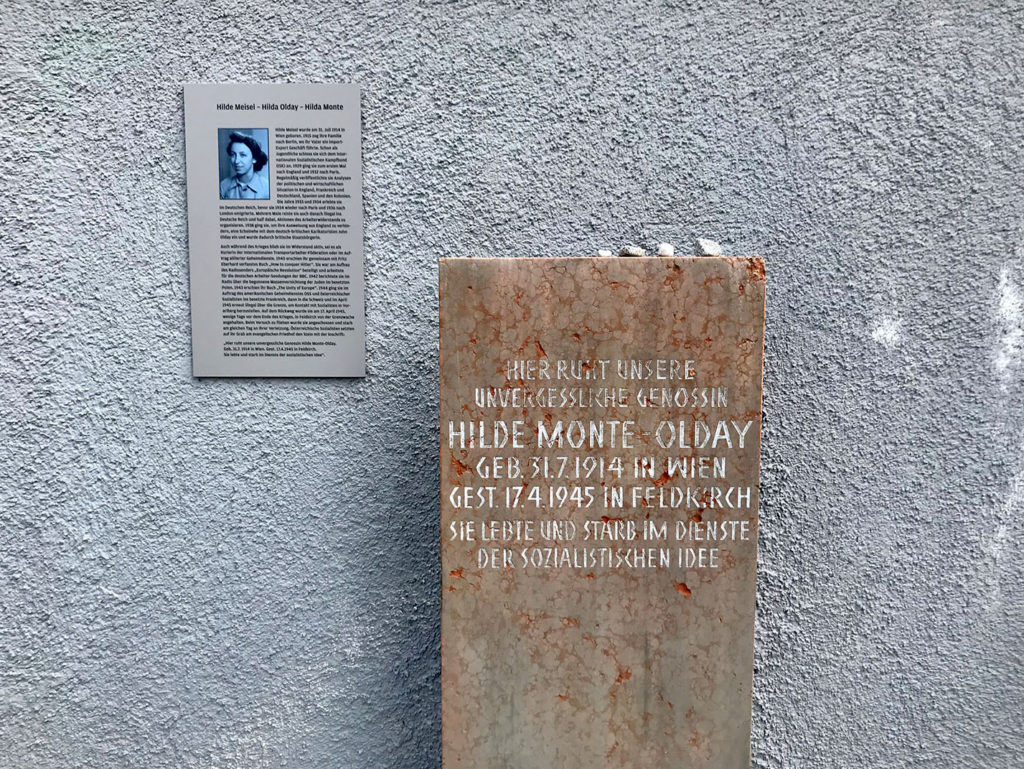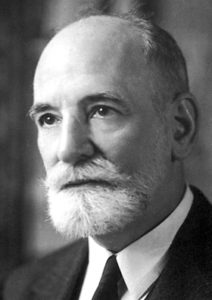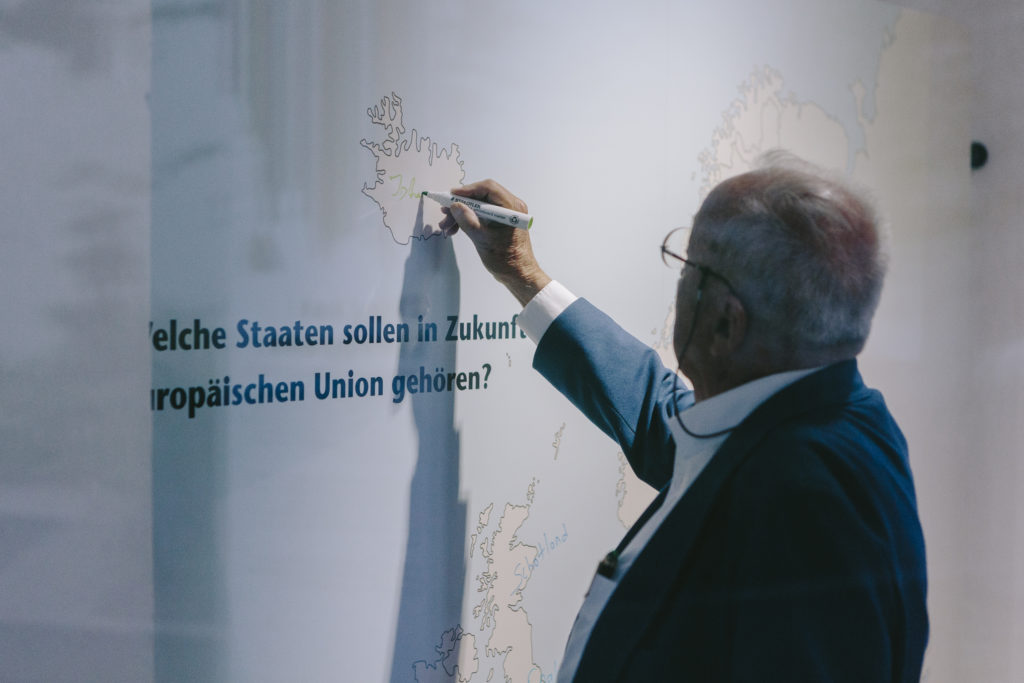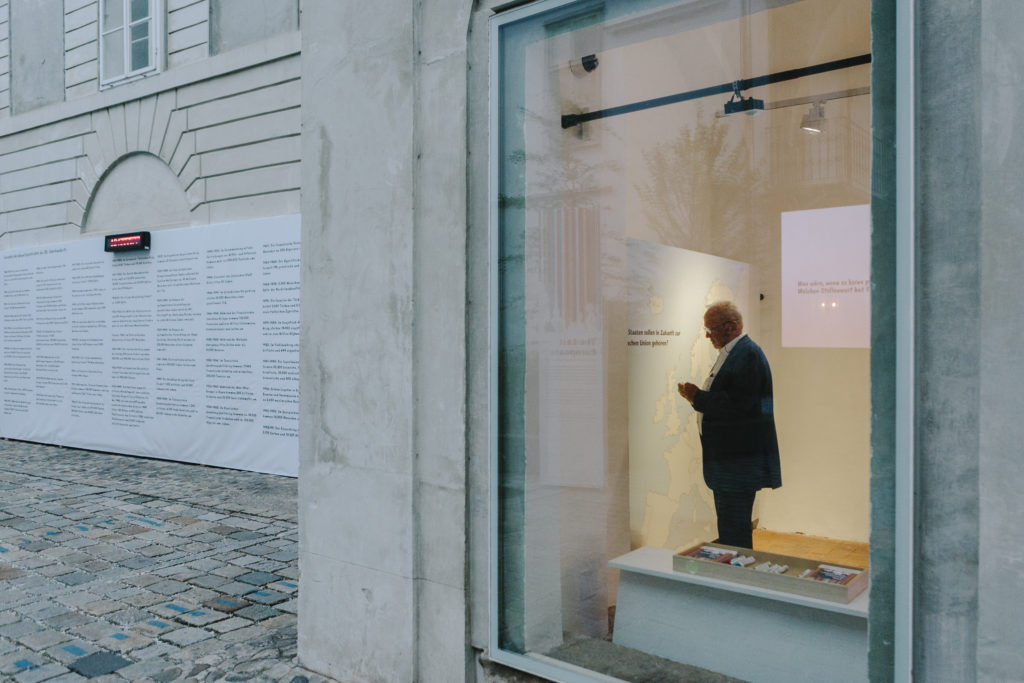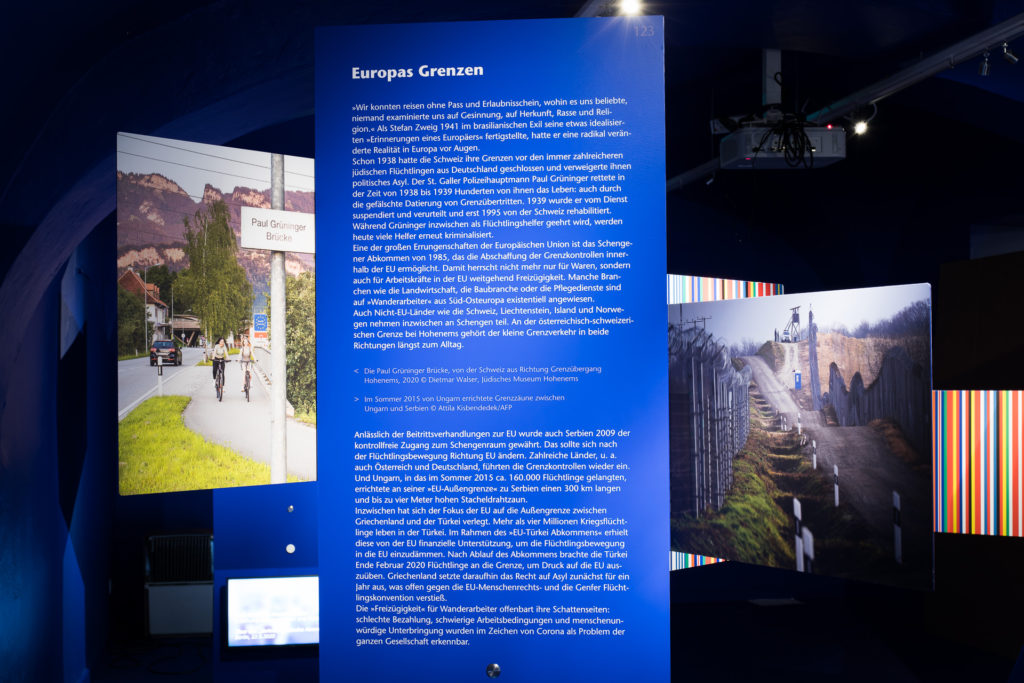European Diary, 5.3.2021: 150 years ago today, the socialist Rosa Luxemburg was born in Zamosc, Poland, which was then part of Russia. When she was two years old, her family moved to Warsaw. A hip ailment suffered by the three-year-old was mistakenly diagnosed as tuberculosis and incorrectly treated. She would suffer from limping all her life. Sentenced to nearly a year of bed rest at age five, she learned to read and write self-taught, remained dwarfed, and at age nine began translating German texts into Polish, writing poetry and novellas. She wrote a Polish mocking poem about Kaiser Wilhelm, who visited Warsaw when she was 13, saying, “Tell your cunning rag Bismarck / Do it for Europe, Emperor of the West / Command him not to shame the pants of peace.”
Rosa grew up multilingual, speaking Polish and German at home, Russian and French, reading English, understanding Italian, and learning Latin and ancient Greek. At the age of 15 she joined revolutionary circles, a group called “Proletariat” founded in 1882. In 1888 she fled from the tsarist police to Switzerland.
In Zurich, women are allowed to study on an equal footing with men. The only place in Europe where this is possible. Many young Jewish women from Eastern Europe take advantage of this opportunity. Rosa studies philosophy, mathematics, botany and zoology, then international law and constitutional law, economics, political science and history. Soon she joins the Polish Socialist Party. But contrary to the party line, she advocates a resolute internationalism, founds the Polish exile newspaper Arbeitersache in Paris with her partner Leo Jogiches and other comrades, and opposes Polish nationalism. She is expelled from the party and founds a new Social Democratic Party that advocates democratic reforms in Russia instead of Poland’s independence. An independent Poland, she argues, is a mirage that would only distract the Polish proletariat from the class struggle, just as in other countries. From then on, as a Jew, she became the target of constant anti-Semitic attacks, insulted as a “Jewish spawn” whose “diabolical work of destruction” was aimed at the “murder of Poland”.
Her fight against the growing nationalism also in the labor movement brought her into fierce conflict with many leading Social Democrats, later also with Lenin. As a Jew and as a woman, she was repeatedly confronted with degrading undertones, also in statements by comrades. Nevertheless, living in Germany from 1897, she became one of the spokeswomen for the left wing of the SPD. She rejected reformism as well as Lenin’s authoritarian party centralism. Nevertheless, she succeeded in persuading leading Western European Social Democrats to make a decisive statement against growing anti-Semitism. Of course, she herself did not want to be thrown back on her Jewishness. “What do you want with the special Jewish pains? Just as close to me are the poor victims of the rubber plantations in Putumayo, the Negroes in Africa, with whose bodies the Europeans play catch ball.” Her internationalism goes beyond Europe. “I don’t have a special corner in my heart for the ghetto. I feel at home in the whole world, where there are clouds and birds and human tears.”
She foresaw the coming world war and all the bestialities it would bring, the catastrophe of Europe, with great clarity. In 1913, in Frankfurt, on September 25, at the “Titania” in the Basaltstrasse (Basaltstreet) – a few steps away from where I am writing these lines – she makes a courageous speech against the war that would land her in jail: “If we are expected to raise the weapons of murder against our French or other foreign brothers, we declare: ‘No, we won’t do it!'” Less than a year later, she was sobered to discover that nationalism had washed away all reason – and all dreams of international class consciousness – in the European workers’ parties as well. In August 1914, together with other opponents of the war in the SPD, she founded the “Gruppe Internationale,” from which the “Spartacus Group” would later emerge.
As early as February 1914, Luxemburg was sentenced to fourteen months in prison for her Frankfurt speech on charges of “inciting disobedience to laws and orders of the authorities.” In February 1915 she had to begin her imprisonment in the Berlin “Weibergefängnis”. Her letters from her imprisonment are among the most moving writings she was to leave behind.
Released in 1916, she was arrested again just three months later. She spent more than three years in prison until 1918. In her theses written there under the pseudonym Junius, she drew a fatalistic and at the same time defiant balance in 1917: “The world war has destroyed the results of forty years of work of European socialism.” It was not by a greater power that the socialists had been destroyed; they had “blown themselves up.” The main task in this situation was: “to unite the proletariat of all countries into a living revolutionary power, to make it, through a strong international organization with a unified conception of its interests and tasks, with unified tactics and political capacity for action in peace as in war, the decisive factor in political life to whose role it is called by history.” And at the same time she criticized the totalitarian tendencies of the Russian Revolution: “Freedom is always the freedom of dissent.”
All this remained utopia. In November 1918, the workers’ movement and the short-lived soviet republic in Germany split. In the civil war, the majority of Social Democrats under Ebert allied themselves with right wing Freikorps and imperial troops to suppress the weak revolutionary forces of the Spartacus uprising.
In these days of spiraling events, Rosa Luxemburg also came into sharp opposition to the leadership of the Spartacists around Karl Liebknecht. She warned in vain against the futile attempt at armed revolution and demanded that democratic elections be held. But her admonitions went down. The last weeks of her life must have been marked by helplessness and a desperate will to hold on to the armed revolution publicly in the newspaper Die rote Fahne (The Red Flag), against her own convictions – while calls were made in the streets of Berlin for her and Liebknecht to be murdered.
On January 15, 1919, on the same day as Karl Liebknecht, she was arrested in Berlin by soldiers of the “Guard-Cavalry-Rifle Division” and murdered in a bestial manner. She was tortured in a posh Berlin hotel where the militia had set up their quarters, then dragged to a car. Her killers tried to smash her in the head with a rifle butt, drove the unconscious woman to the Landwehr Canal, shot her in the head on the way, wrapped her body in barbed wire and threw her into the water. At the end of May, her remains were found at a lock. Thousands attended her funeral on June 13, 1919.
Julius Gumbel, a Social Democrat from Heidelberg, later researched political murders in Germany. He arrived at the following figures: From 1918 to 1922, leftists murdered 22 people. There were 38 convictions. Right wing perpetrators committed 354 murders in the same period. There were 24 convictions. In 23 cases, the courts acquitted even confessed perpetrators who openly boasted of their deeds.

